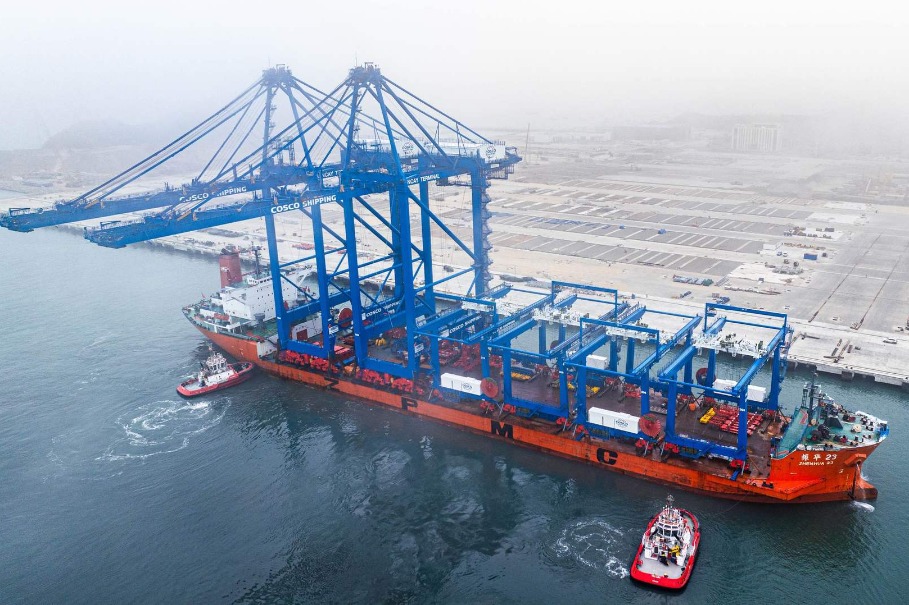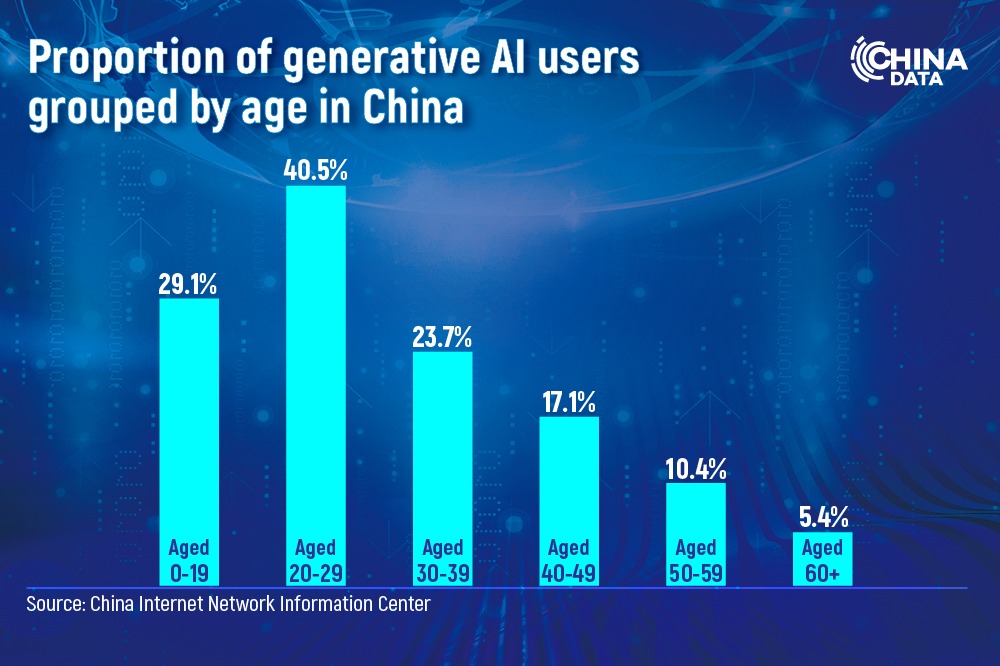Ping-Pong highlights common interests: China Daily editorial


Marking the 50th anniversary of the Ping-Pong Diplomacy between China and the United States, Vice-President Wang Qishan noted on Saturday that a key reason why a small ball could roll around the world was that it helped satisfy the common desire of the two peoples to know about each other.
While hosting the visiting Chinese ping-pong players in the US in 1972, then US president Richard Nixon told his Chinese guests that the winners of the matches were neither the Chinese players nor the US players but the two peoples.
If there is anything the two countries can draw from the diplomatic anecdote, as Wang suggested, it should be that while dealing with each other, they must always bear in mind the fundamental well-being of the two peoples, by focusing on common interests and properly managing their differences.
Both sides showed wisdom and foresight in putting friendship first and competition second in their Ping-Pong Diplomacy in a bid to break the ice at a time when the two countries had almost negligible trade and human exchanges, and when they had been isolated from each other for nearly three decades.
Over the past half a century, although the Sino-US relationship has gone through trials and hardships, in general, it has never stopped forging ahead, resulting in rich achievements in all fields that have produced tangible benefits for the two peoples.
Yet the good momentum generated by that first little ball has stalled in recent years, with the previous US administration hiking tariffs on imports from China, unreasonably attacking Chinese companies and openly interfering in China's internal affairs. The current US administration has continued these confrontational policies and it has also sought to persuade the US allies to close ranks with it against China.
As State Councilor and Foreign Minister Wang Yi told the US Council on Foreign Relations via video link on Friday, the US having lost its way, has not found the right path to deal with China.
It needs to find it again by first looking at China objectively and seeking the truth from the facts. As Wang said, democracy is not Coca-Cola that promises the same taste everywhere in the world, the US should respect the choices of the Chinese people and their right to development.
With relations now at the crossroads, a substitute for ping-pong needs to be found so the two countries can re-engage and work together to expand their already tremendous common interests and shoulder their joint responsibilities to the world.
As the leaders of the two countries agreed in their phone call in February, the two countries should respect each other, promote cooperation on an equal footing, avoid misjudgments and conflicts and resume dialogue.
Today, they have more avenues to deepen their mutual understanding and trust.
The US side knows what to do, it just needs to do it.

































